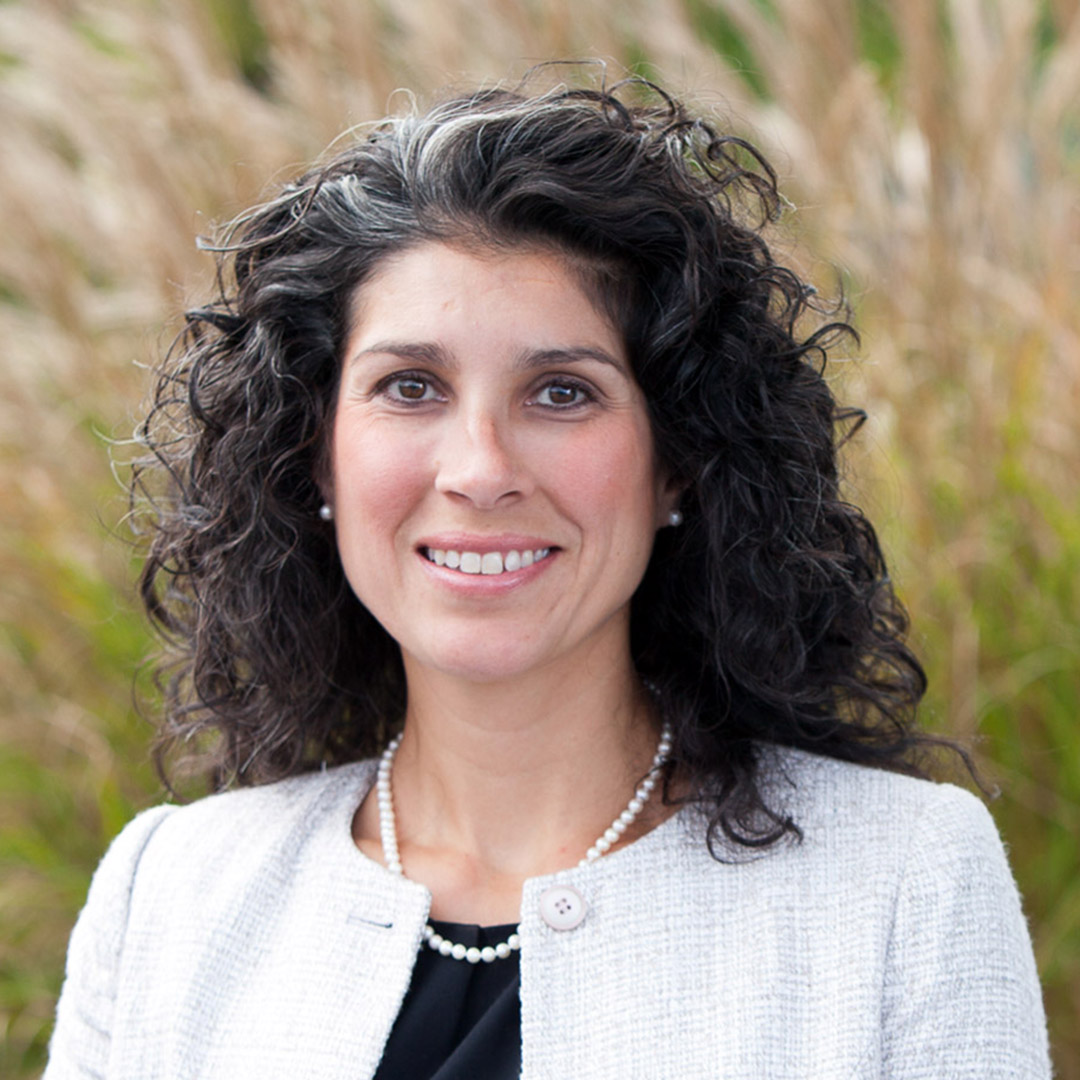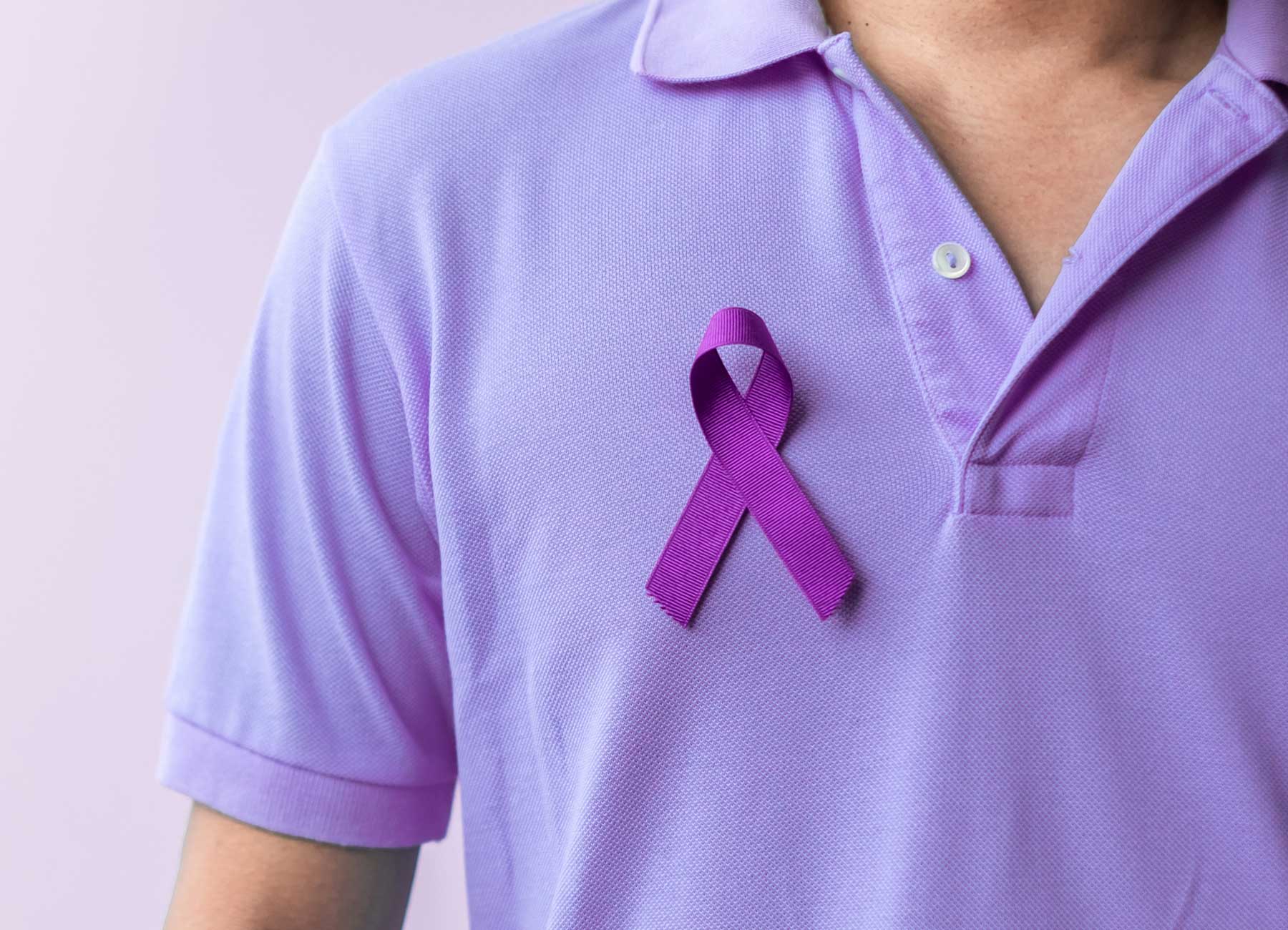As we recognize Breast Cancer Awareness Month this October, now is an ideal time to consider your breast health. While not all breast cancer cases are preventable, there are many ways you can reduce your risk and improve your health. Here are ten ways to improve your breast health:
Know Your Family History
If your mother, sister, daughter, aunt or grandmother has had breast cancer, talk to your primary care provider or gynecologist about your risk factors. They may recommend genetic testing to see if you have the BRCA1 or BRCA2 gene, which can increase your risk of breast cancer, ovarian cancer and other forms of cancer.
Talk to Your Provider About Any Medications You Take
Taking hormone replacement therapy and oral contraceptives (birth control pills) may affect your breast cancer risk. Talk to your provider about the benefits and risks of taking these medications.
Maintain a Healthy Weight
Postmenopausal women who are overweight or obese have a higher risk of breast cancer. Find out if you’re in a healthy range by using a body mass index (BMI) calculator online or ask your health care provider.
Exercise Regularly
You’ve heard this advice before and I’ll repeat it here: Regular physical activity is essential for good overall health and breast health. Studies show that women who exercise regularly have a 10 to 20% lower risk of breast cancer compared to women who don’t exercise. Exercise is especially important if you’re postmenopausal.
Breastfeed if Possible
If you’re a new mom or currently expecting, breastfeeding your baby may reduce your risk of breast cancer.
Eat a Nutritious Diet
Eat plenty of fresh or frozen vegetables and fruit, healthy fats (like olive oil, avocados, nuts and seeds), lean protein (such as chicken, fish, eggs and beans) and whole grains. Limit or avoid red meat, processed meat, sweetened beverages, and highly processed foods (such as fast food, frozen meals, candy and chips).
Limit or Avoid Alcohol
Studies have shown a link between alcohol consumption and breast cancer. Women who drink two to three servings of alcohol per day have a 20% higher risk of breast cancer than women who don’t drink. Additionally, an analysis of 53 studies found that breast cancer risk increased by about 7% percent for each alcoholic beverage a woman consumed per day. Women who choose to drink alcohol should limit their serving to no more than one drink per day.
Don’t Smoke
Smoking may increase your risk of breast cancer, so quit if you currently smoke. If you have trouble quitting, ask your primary care provider for help.
Listen to Your Body
Pay attention to new or unusual symptoms in your breasts and nipples, such as pain, swelling, a lump, discharge, dimpling, irritation, red or flaky skin, or changes in size or shape. Contact your health care provider right away if you experience any of these symptoms. While they aren’t always signs of breast cancer, it’s best to see your provider to know for sure.
Get Mammograms as Recommended
Mammogram screening guidelines vary, so ask your primary care provider or gynecologist when it’s right for you to get screened. We generally recommend women 40 and over have annual, screening mammograms. Early detection is important: When breast cancer is found earlier, it is often easier to treat and may require less aggressive therapies.
To schedule an appointment at the Elizabeth Reilly Breast Center at Pardee Hospital call (828) 698-7979.
If you have questions about your breast health, talk to your primary care provider or gynecologist. To find a provider near you, visit pardeehospital.org.





